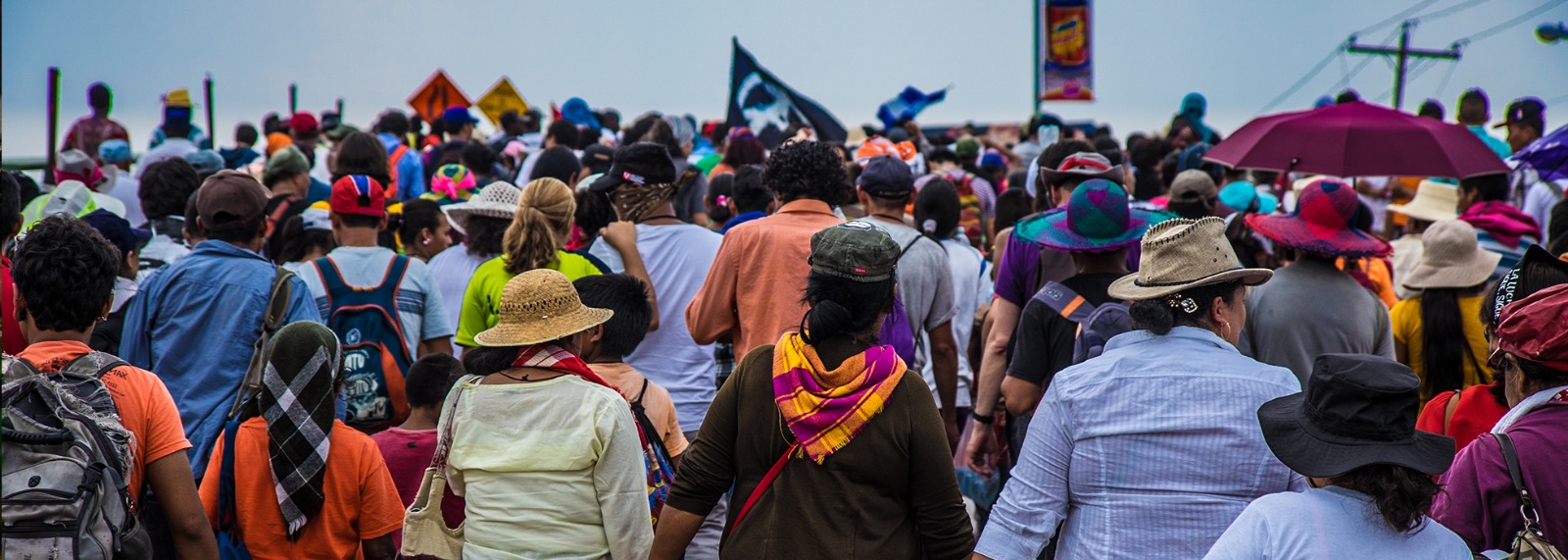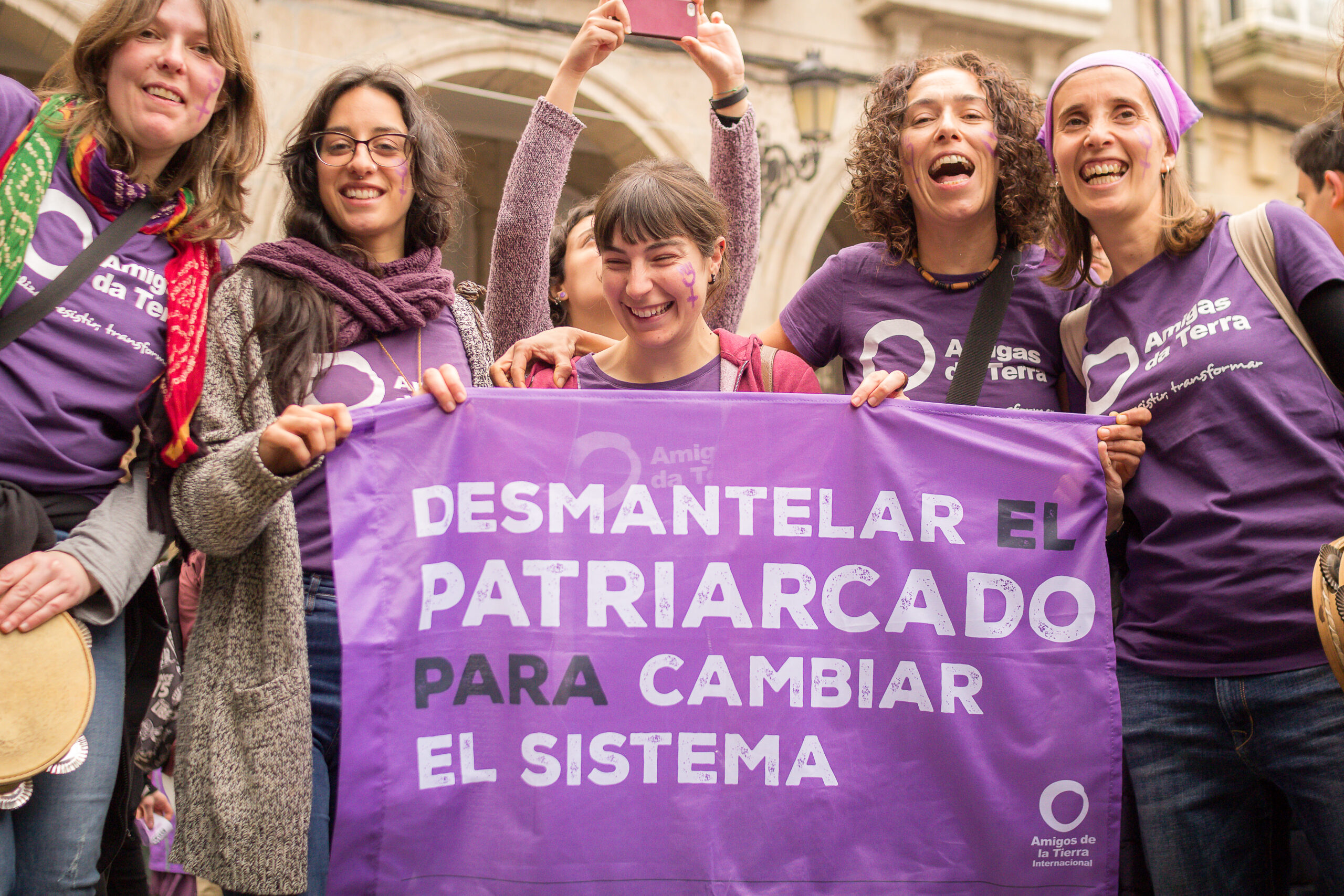In the eye of the storm
Guatemalan indigenous communities attacked by government and corporations
 Indigenous Peoples resisting
Indigenous Peoples resisting
A special report by the United Nations Rapporteur on the rights of Indigenous People, Victoria Tauli-Corpuz, warns about a common pattern of attack against indigenous peoples at global level by governments in alliance with transnational investment projects related to the sectors of extractive industries, agribusiness, infrastructure, hydroelectric dams and logging, which is displacing the communities from their territories.
“I’ve been alerted to hundreds of criminalization cases from nearly every corner of the world, said Tauli-Corpuz on August 27. These attacks—whether physical or legal—are an attempt to silence Indigenous Peoples voicing their opposition to projects that threaten their livelihoods and cultures”.
The rapporteur denounced the abuses “with the private sector often colluding with governments to force Indigenous Peoples from their lands by whatever means necessary to make way for infrastructure, agriculture, mining, and extractive projects”
As previous reports by social organizations point out, the pattern of persecution and attack against the defenders of the territories implies “campaigns of defamation and hate speech” to portray indigenous peoples as “obstacles for development” or in the worst of cases as “terrorists” or “members of criminal gangs”, added to continued threats against communities including warrants issued despite poor evidence and uncorroborated testimony” and pre-trial detentions that can last up to several years.
These attacks many times end up with the murder of defenders, added to militarization of territories and the implementation of anti-terrorist laws against community members. The UN Rapporteur herself was labeled as “terrorist” in a list created by the Philippines government “as retaliation for her advocacy on behalf of displaced Indigenous Peoples in the Mindanao region of the Philippines who have faced criminalization and military actions for resisting coalmines and other developments targeting their lands”, stated Tauli-Corpuz.
All eyes on Guatemala
Although the UN report highlights that approximately 80 per cent of the crimes committed against environmental defenders took place in just four countries (Brazil, Colombia, Mexico and the Philippines), Guatemala is highlighted in the map that keeps track of this type of murders in 2018, since approximately 20 homicides and femicides took place in this country, especially in Alta Verapaz region, against the Q´eqchi’ Mayan people, such as the case of Juana Raymundo (member of the Peasant Development Committee –CODECA) or Ramón Choc (of the Altiplano Peasant Committee –CCDA).
In Alta Verapaz, Petén, Jalapa and other areas, conflicts take place “over the lack of access to land against palm and sugar cane monoculture plantations and hydroelectric projects which are granted lands by the government”, stated Cristina Ardon, legal representative of the Altiplano Peasant Committee in an interview with Real World Radio. She said that there have been evictions “even in protected areas” and that the community members are “always accused of usurpation”.
“For us access to land is an almost unattainable struggle, but we keep fighting: the government needs to respect the free determination of the peoples”, said the leader of CCDA, an organization that is currently accompanying six widows and 19 children who were left orphaned after the killing of their parents.
Manuel Marroquín has been a member of CODECA for five years: “Defending rights is not easy”, he said. He works around political, economic and human rights capacity building so that communities know the national laws and international standards that protect them.
About the 13 CODECA defenders murdered in 2018 so far, Marroquín said: “For some of our comrades it is difficult to know that a friend has been murdered or criminalized, but most of the people find courage and say: “one of our comrades is dead. Let that blood be the seed of our struggles”. The persecution and killings have made us stronger and we have to reaffirm their struggle for the defense of our rights”.




